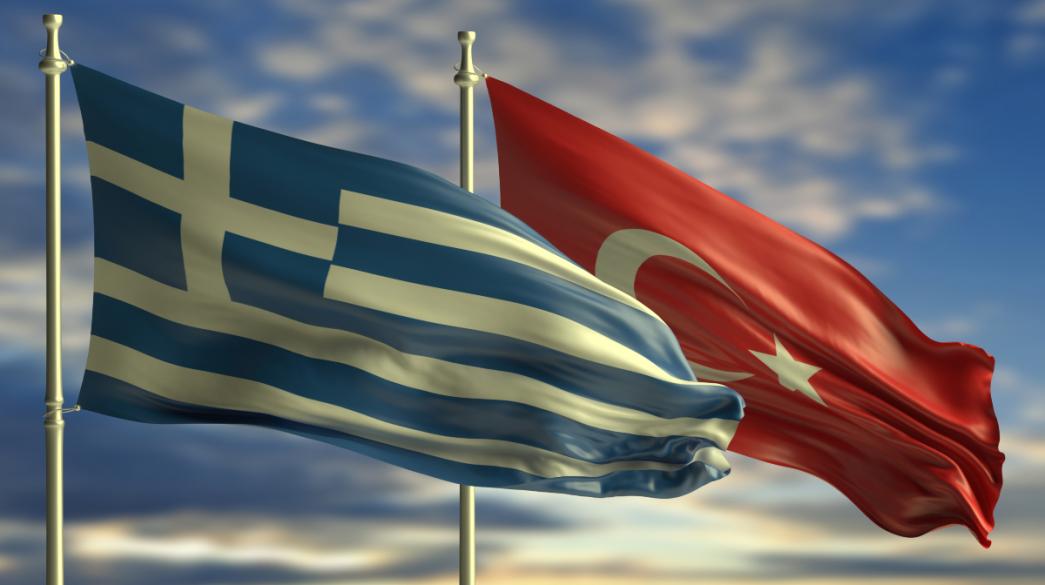The collapse of the Turkish lira, both before the Turkish elections and yesterday, although it exacerbates the problem of inflation and consequently the Turkish population's insecurity, does not seem to cause any particular problems for Greek export companies. Both those exporting to the Turkish market and those exporting similar products with Turkish companies and 'meeting' in third markets, e.g. the markets of the European Union.
Turkey is one of the most important markets for Greek products. During 2022, the value of Greek exports reached 2.502 billion euros, compared to 2.058 billion euros in 2021, an increase of 21.5% - in 2020 their value had decreased by 32.2% compared to 2019, which had fallen to 1.34 billion euros, dropping from fourth to sixth place among the best markets for Greek products.
It is worth noting that last year 2.308 million tonnes of goods were exported from Greece to the neighbouring country, while the previous year, in 2021, 2.965 million tonnes were exported. Compared to 2019, last year export prices to Turkey increased by more than 30%, as the volume of goods that year was more than 3.2 million tonnes.
It is obvious that during 2022 the turnover of Greek companies increased dramatically due to inflation, which is much higher than the 21.5% increase, given that the volume of exported goods decreased. However, the value of exports to Turkey ranks it fifth among the most important markets for Greek products.
Speaking to BD, Mr. Simeon Diamantidis, President of the Association of Exporters (SEVE), explained that the transactions of Greek companies exporting to the Turkish market are made in foreign currency, i.e. the Turkish lira is not "mediated" and therefore the trade transactions of the two countries are not affected by the changes in the exchange rate.
At the same time, because Turkish exporting companies import raw materials from the international market - obviously in foreign currency - they have no scope to 'beat' their export prices more than the low labour costs, which is their main competitive advantage, allow.
But due to high inflation this cannot be squeezed any further and labour demands are constant. And so in any markets in which Greek products compete, the margins of competitiveness of Turkish products are limited.









